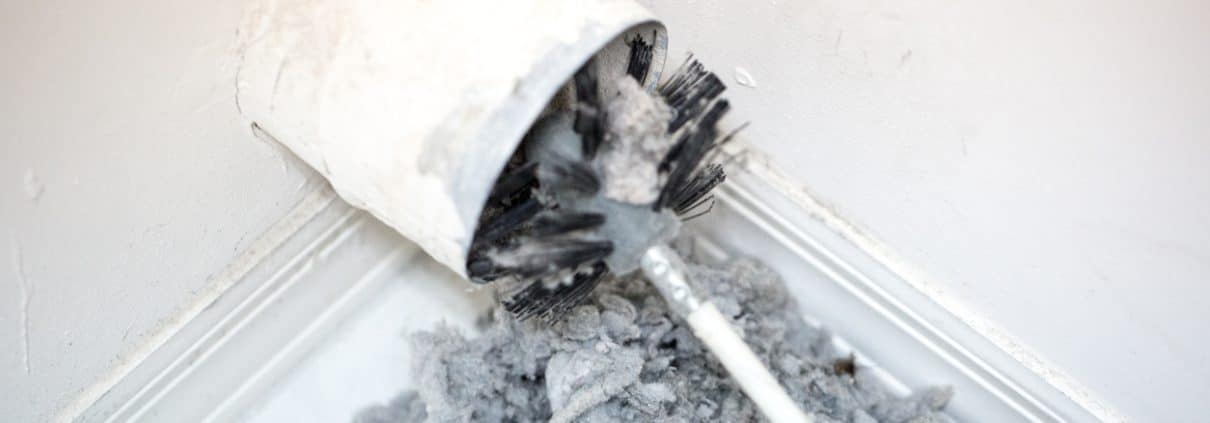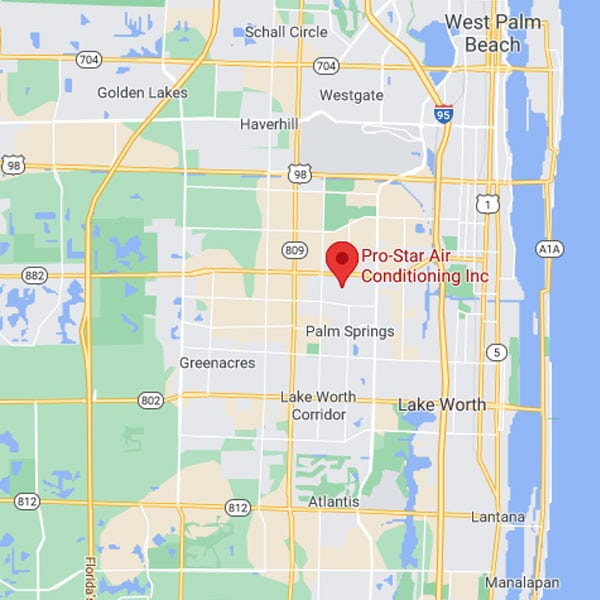Signs of Black Mold in HVAC System
If you live anywhere near West Palm Beach, FL, know that mold is a part of life in South Florida. The humidity levels in summer are nearly off the charts, and mold loves hot and humid environments. However, that doesn’t mean you should resign yourself to living with mold in your home. Mold—black mold in particular—harms the human respiratory system. And if black mold infiltrates your residential HVAC system in West Palm Beach, FL, you and your family members will have a lot more to deal with than a few sneezes and coughs. Black mold is life-threatening, so it’s important to know the signs of black mold in an HVAC system.
Signs of Black Mold in HVAC System
Musty Odor
A musty odor emanating from the vents is one of the first signs that black mold may be present in your HVAC system. This unpleasant smell, often described as earthy or damp, can indicate the presence of mold spores circulating through the air.
Black “Dust” Around Vents
Black “dust” or dark spots around the vents often comprise mold spores that have settled on surfaces and can be a visible indicator of mold contamination.
Persistent Nausea
Exposure to black mold can cause persistent nausea and gastrointestinal discomfort. If you or your family members experience ongoing feelings of queasiness or stomach upset while indoors, it could be a sign of black mold exposure through the HVAC system.
Disorientation
Black mold toxins can affect cognitive function, leading to disorientation, confusion, and difficulty concentrating. If you feel mentally foggy or disoriented for no apparent reason, it’s essential to investigate the possibility of black mold in your HVAC system.
Contact Pro-Star Air Conditioning in West Palm Beach, FL, to have your HVAC system checked for black mold. Our job is to help ensure your HVAC system operates as it should!







Leave a Reply
Want to join the discussion?Feel free to contribute!